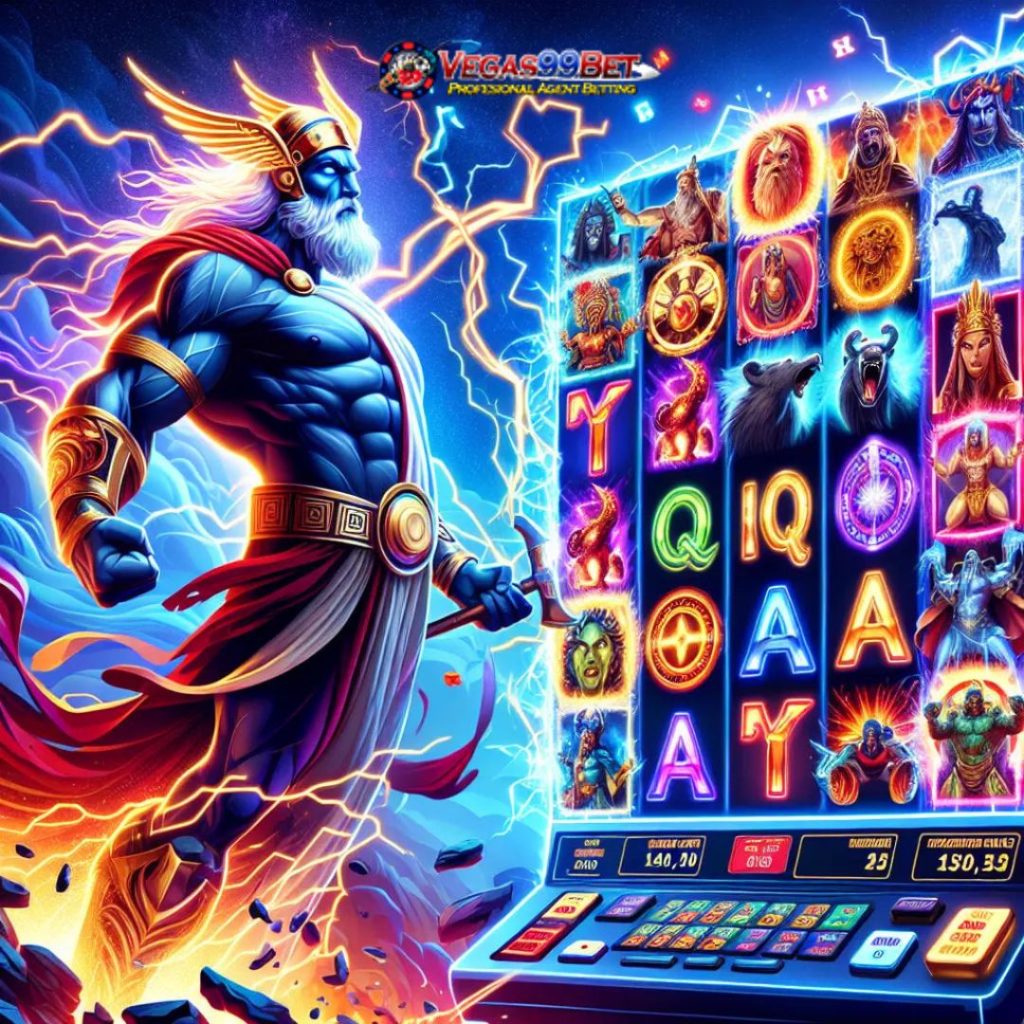
Vegas99BET : Bocoran RTP Games PG Soft Tertinggi Malam ini
- Vegas99BET sebagai pilihan utama para pecinta Vegas, hadir sebagai penyedia games terbaru dan terbaik yang menawarkan pengalaman bermain Game yang menarik hari ini yang tak tertandingi. Kolaborasi dengan beragam provider Game online, termasuk yang paling populer, menjadikan permainan ini sangat menarik dan mudah untuk dimenangkan Maxwin. Keunggulan utama Vegas99BET terletak pada koleksi permainan Game Online dengan tingkat RTP Maxwin Malam ini, menghadirkan sensasi bermain yang maksimal.
Mengenal Game Mahjong Ways :
Game Mahjong Ways adalah salah satu permainan Game online yang terinspirasi oleh permainan mahjong tradisional. Dalam permainan ini, pengembang permainan mencoba untuk menggabungkan elemen-elemen dari permainan mahjong ke dalam format Game untuk memberikan pengalaman permainan yang unik kepada pemain. Mahjong Game dengan bangga menghadirkan game Game online paling banyak dinanti nantikan oleh banyak pemain yaitu Mahjong Ways 2. Yap , game Mahjong ini yang telah memiliki beberapa versi ini sudah sangat dikenal memberikan banyak maxwin oleh para membernya. Ditambah lagi jika kamu memainkannya pada saat jam – jam dengan RTP tertinggi yg pasti buat kamu peroleh hadiah maxwin dalam sekejap.
Bocoran RTP Maxwin Games Provider PG Soft :
- Gemstones Gold – RTP 84%
- Caishen Wins – RTP 87%
- Candy Bonanza – RTP 95%
- Garuda GEMS – RTP 90%
- Gem Saviour Sword – RTP 87%
- Medusa II – 91%
- The Queens Banquet – 89%
- Legend of Perseus – 88%
Meskipun fitur-fitur dan mekanisme permainan dapat bervariasi antara satu Game Mahjong Ways dengan yang lainnya, beberapa elemen umum yang mungkin Anda temui dalam permainan ini termasuk:
- Simbol-simbol Mahjong: Anda akan menemui simbol-simbol yang terkait dengan permainan mahjong, seperti ubin mahjong, karakter Cina tradisional, dan simbol-simbol lainnya yang biasanya digunakan dalam permainan mahjong.
- Grid dan Garis Pembayaran: Seperti kebanyakan Game modern, permainan Mahjong Ways biasanya memiliki grid dengan berbagai ukuran dan jumlah garis pembayaran. Pemain dapat memenangkan hadiah dengan mengumpulkan kombinasi simbol yang cocok di sepanjang garis pembayaran yang aktif.
- Fitur-fitur Bonus: Beberapa Game Mahjong Ways mungkin menawarkan berbagai fitur bonus, seperti putaran gratis, simbol liar (wild), fitur pengganda, atau fitur khusus lainnya yang dapat meningkatkan peluang pemain untuk memenangkan hadiah besar.
Kalian bisa bermain game mahjong ways Game online paling terlengkap di Login Vegas99BET, karena mereka adalah penyedia game resmi Game mahjong ways.
Mengulik Tips & Trik Bermain Mahjong Ways
Sebelum mencoba bermain Game mahjong ways ada baiknya jika melakukan try out atau uji coba dari demo mahjong ways terlebih dahulu, hal ini bertujuan agar potensi kemenangan mahjong ways menjadi lebih nyata besarnya. Akun Demo Mahjong Ways pada dasarnya iyalah sama seperti akun nyata yang digunakan untuk bermain hanya saja akun demo dapat dimainkan tanpa menggunakan uang asli. Jika sudah yakin dalam mencoba akun demo mahjong ways maka kini saatnya bermain mahjong Game menggunakan akun asli, tetapi jangan gegabah dalam bermain ya.
Trik Berikut ini dapat anda gunakan dalam mencari cuan yang maksimal dari mahjong ways:
- Sebelum Main Gunakan Pedoman RTP & Pola yang tersedia
RTP iyalah suatu indikator untuk mencapai maxwin tertinggi. Pada RTP juga menyediakan Pola-Pola jitu nan tepat akurat sehingga mendapatkan maxwin Game mahjong ways jadi jauh lebih mudah, RTP Live adalah salah satu pedoman yang dapat dijadikan acuan dalam bermain Game Mahjong Ways, jadi baiknya diperhatikan juga durasi jam RTP yang tertera di layar RTP sebelum memutar Game. - Bermain dengan Santai
Jaga emosi Anda tetap stabil saat bermain. Hindari terlalu tergesa-gesa atau terlalu frustrasi jika Anda mengalami kekalahan. Bermain dengan pikiran yang tenang dan rileks dapat membantu Anda membuat keputusan yang lebih baik. - Mengetahui Batas Dalam Kekalahan
Tetapkan batas berapa banyak uang yang ingin anda ingin anda menangkan atau habiskan sebelum bermain dan tetap patuhi batasan tersebut.
dengan mengikuti tips-tips ini dan bermain dengan bijaksana, Anda dapat meningkatkan peluang Anda untuk meraih kemenangan dan menjaga pengalaman bermain Anda tetap positif.
Link Vegas99BET juga menawarkan promosi Game bonus new member hingga 100%, yang dirancang untuk memaksimalkan peluang kemenangan pemain tanpa memerlukan deposit besar. Promosi bonus new member 100 all Game merupakan salah satu contoh untuk memenuhi keinginan semua pemain, dengan menyediakan bonus yang berlaku untuk berbagai jenis Game. Daftar Vegas99BET Sekarang !!!